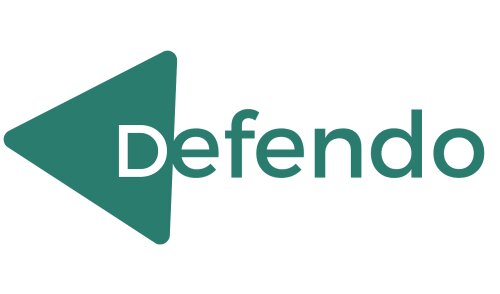Best Elder Law Lawyers in Chile
Share your needs with us, get contacted by law firms.
Free. Takes 2 min.
Or refine your search by selecting a city:
List of the best lawyers in Chile
About Elder Law Law in Chile:
Elder Law in Chile is a branch of law that focuses on the legal issues affecting older adults. It covers a wide range of topics such as estate planning, long-term care, guardianship, and elder abuse. The main goal of Elder Law is to protect the rights and interests of elderly individuals and ensure they are provided with the care and support they need.
Why You May Need a Lawyer:
You may need a lawyer specializing in Elder Law in Chile if you are facing issues related to estate planning, health care, retirement benefits, or guardianship. A lawyer can help you navigate the complexities of legal processes and ensure that your rights are protected.
Local Laws Overview:
In Chile, there are specific laws that govern issues related to elder care, including the Protection of Older Adults Act. This law aims to prevent and sanction abuse, neglect, and exploitation of older adults. It also provides for legal procedures to guarantee the protection of their rights.
Frequently Asked Questions:
1. What are the main rights of older adults in Chile?
Older adults in Chile are entitled to the right to health, social security, protection against abuse, and the right to live in a dignified manner.
2. Can I appoint someone to make decisions on my behalf if I become incapacitated?
Yes, you can appoint a legal representative through a power of attorney or guardianship agreement to make decisions on your behalf if you are unable to do so.
3. How can I ensure that my assets are distributed according to my wishes after my death?
You can create a will or establish a trust to ensure that your assets are distributed according to your wishes after your death.
4. What should I do if I suspect elder abuse or neglect?
If you suspect elder abuse or neglect, you should report it to the relevant authorities, such as the National Service for the Elderly (SENAMA) or the police.
5. Can I access government benefits as an older adult in Chile?
Yes, older adults in Chile are entitled to various government benefits, including pensions, healthcare, and social services.
6. What is the legal age of retirement in Chile?
The legal age of retirement in Chile is 65 for men and 60 for women.
7. How can I challenge a decision made regarding my care or assets?
You can challenge a decision regarding your care or assets by seeking legal advice and potentially filing a lawsuit in the appropriate court.
8. Are there specific laws in Chile regarding elder abuse?
Yes, there are specific laws in Chile that aim to prevent and punish elder abuse, including the Protection of Older Adults Act.
9. Can I make advance directives for my medical care in Chile?
Yes, you can make advance directives for your medical care in Chile to specify your wishes regarding medical treatment in case you are unable to communicate them.
10. How can I find a reputable lawyer specializing in Elder Law in Chile?
You can ask for recommendations from friends or family members, check online directories of lawyers, or contact professional organizations for recommendations on reputable lawyers specializing in Elder Law in Chile.
Additional Resources:
For more information on Elder Law in Chile, you can contact the National Service for the Elderly (SENAMA) or the Chilean Bar Association for recommendations on legal assistance.
Next Steps:
If you believe you need legal assistance in Elder Law in Chile, it is advisable to schedule a consultation with a lawyer specializing in this field. They can assess your situation, provide legal advice, and help you navigate the complexities of the legal system to protect your rights and interests as an older adult.
Lawzana helps you find the best lawyers and law firms in Chile through a curated and pre-screened list of qualified legal professionals. Our platform offers rankings and detailed profiles of attorneys and law firms, allowing you to compare based on practice areas, including Elder Law, experience, and client feedback.
Each profile includes a description of the firm's areas of practice, client reviews, team members and partners, year of establishment, spoken languages, office locations, contact information, social media presence, and any published articles or resources. Most firms on our platform speak English and are experienced in both local and international legal matters.
Get a quote from top-rated law firms in Chile — quickly, securely, and without unnecessary hassle.
Disclaimer:
The information provided on this page is for general informational purposes only and does not constitute legal advice. While we strive to ensure the accuracy and relevance of the content, legal information may change over time, and interpretations of the law can vary. You should always consult with a qualified legal professional for advice specific to your situation.
We disclaim all liability for actions taken or not taken based on the content of this page. If you believe any information is incorrect or outdated, please contact us, and we will review and update it where appropriate.
Browse elder law law firms by city in Chile
Refine your search by selecting a city.














